
Global tourism proves crisis resistant

International tourism experts meeting in Switzerland say natural disasters or terrorist attacks have not affected growth in an industry where competition is fiercer than ever.
Around 70 researchers from around the world are discussing how to deal with “volatile demand in tourism” at a weeklong conference in the mountain resort of Pontresina.
Stephen Witt, a visiting professor at Hong Kong’s Polytechnic University, told the annual meeting of the International Association of Scientific Experts in Tourism (AIEST) that the impact on the industry of political unrest, disasters or terrorist attacks can vary greatly.
The unforeseen events will not, he said, “cause a reduction in arrivals in all destinations because tourists will [travel to] substitute destinations [basing their decision on] price and likely safety”.
According to Witt’s research, the 2001 terrorist attacks on the United States and the Sars health scare two years later were unique in that they led to a general downturn in global tourism.
He told swissinfo that Switzerland was very well placed to benefit from holidaymakers seeking “safe destinations” following the recent bomb scare at London airports and the terrorist attacks in 2004 and 2005 on the commuter rail networks of Madrid and London.
Swiss professor Thomas Bieger of St Gallen University said travellers were becoming immune to such shocks. There was only a slight drop in bookings for Sharm el-Sheik after the attack on the seaside resort earlier this year, but it took the Egyptian tourist industry 12 months to fully recover from the 1997 massacre of tourists, including more than 30 Swiss, in Luxor.
Statistics published by the World Tourism Organization show that people in the industrialised world and increasingly in emerging markets like India are quite simply no longer willing to forego their holidays abroad.
Frequent fliers
There was a record 800 million arrivals worldwide last year. From Germany, for example, the number of frequent travellers has more than doubled to 58 per cent over the past 30 years.
According to Ulf Sonntag of the tourism research institute in Kiel, it is not a question of whether Germans will travel but where they will go and what they will do when they get there.
They are spoiled for choice. The number of holiday destinations has exploded, as has the speed and ease of travelling to these places, thanks largely to the airline industry.
To survive in such a competitive market, Switzerland must do more than position itself as a safe place.
Peter Keller, head of the tourism department at Switzerland’s State Secretariat for Economic Affairs (Seco), said one of the challenges facing the country’s tourism industry was to convince summer visitors to stay longer.
“We have to create niche markets and to do so we must cooperate with other sectors,” Keller, who is also AIEST president, told swissinfo. “Switzerland has a lot of health clinics with a reputation for providing excellent care.”
He also said the country could do more to exploit the frequent flights into Switzerland from Britain and Spain by the low-cost carrier, easyJet.
“If master’s courses are offered at Swiss universities, then people living in London or Barcelona could attend them. This could be a new way of attracting visitors.”
swissinfo, Dale Bechtel in Pontresina
The 2006 AIEST Congress takes place in Pontresina from August 27-31.
This year’s theme was “Dealing with Volatile Demand in Tourism”.
The experts discussed a number of issues including branding, recovery strategies following “tourism shocks”, and assessing marketing effectiveness of new media.
The Association of Scientific Experts in Tourism (AIEST) was founded in the post-war period by the heads of the Swiss tourism research institutes at St Gallen and Bern universities.
The inaugural meeting took place in Rome in 1951.
Its aim is to be an “international catalyst of scientific activities in tourism”.
The 2006 Congress in Pontresina is the first time the meeting has been held in Switzerland for 20 years.

In compliance with the JTI standards
More: SWI swissinfo.ch certified by the Journalism Trust Initiative
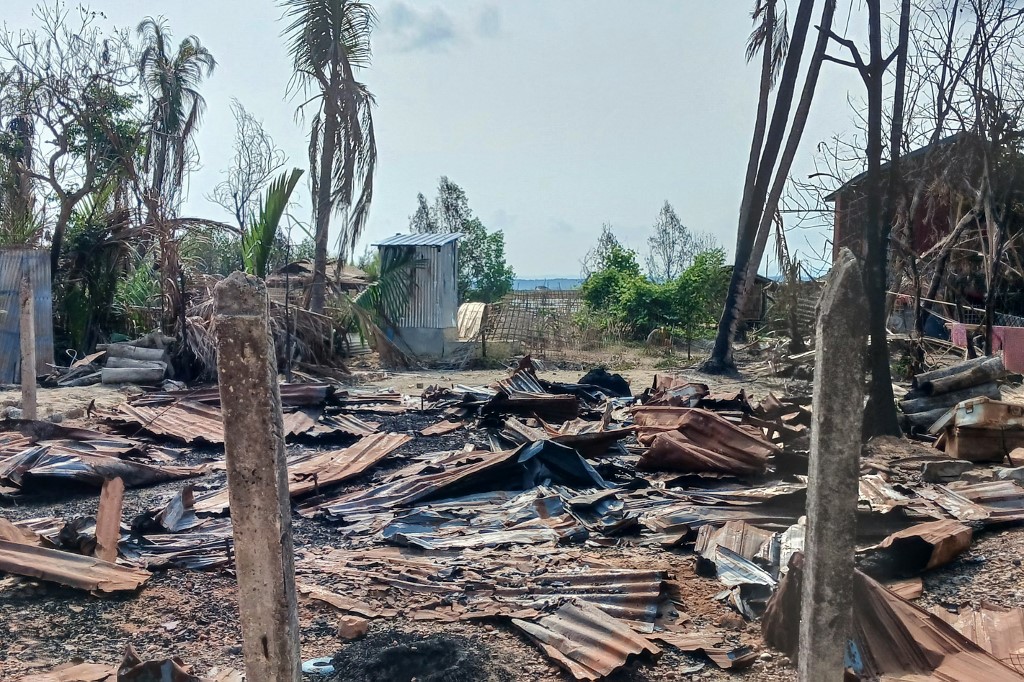
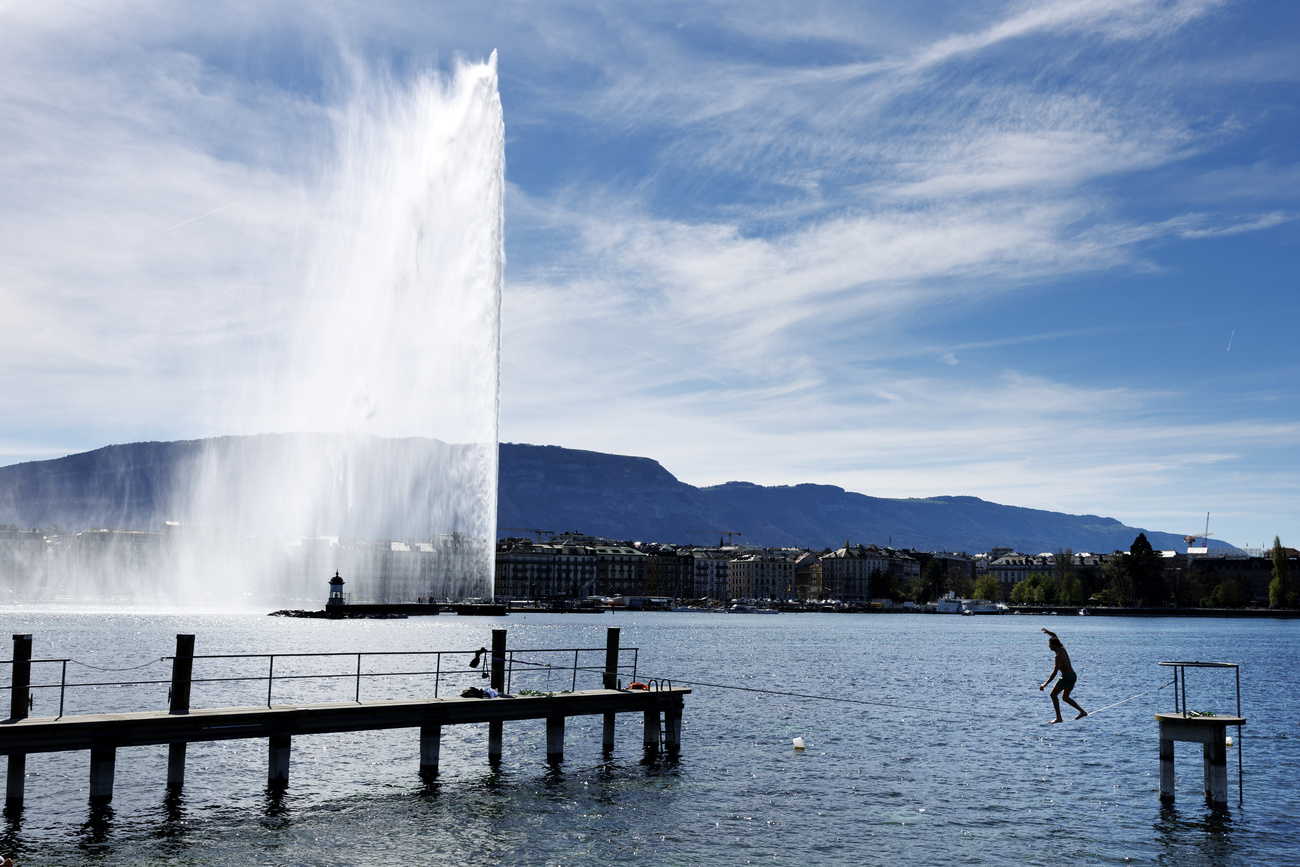



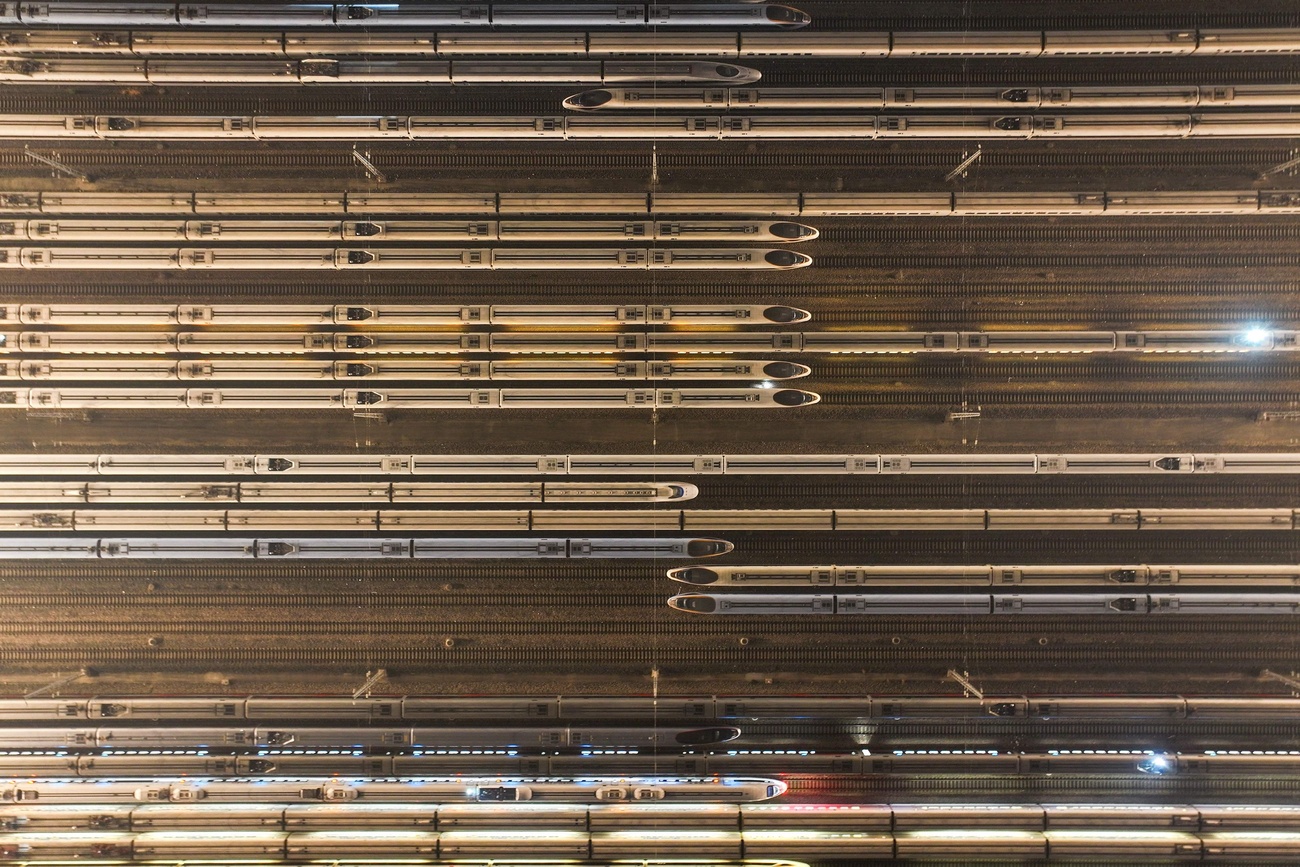









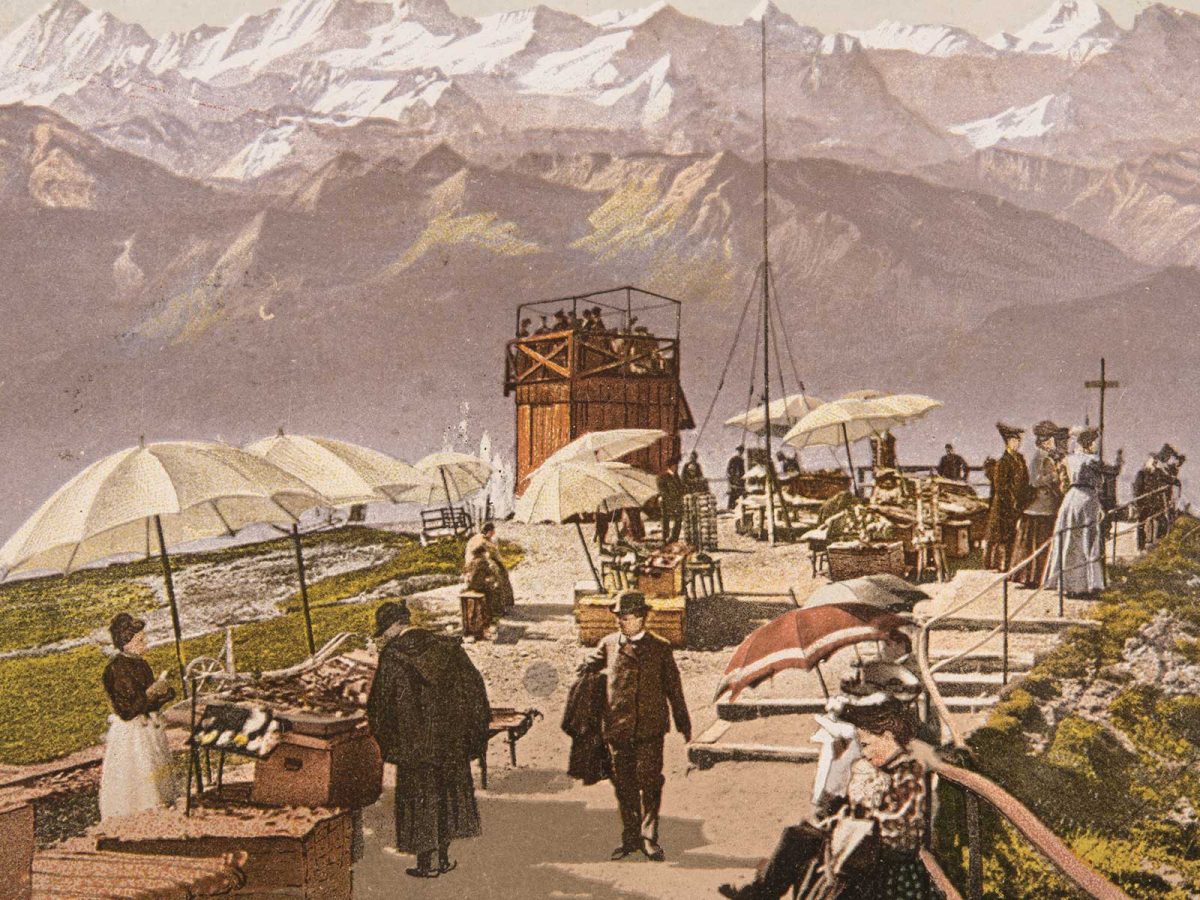










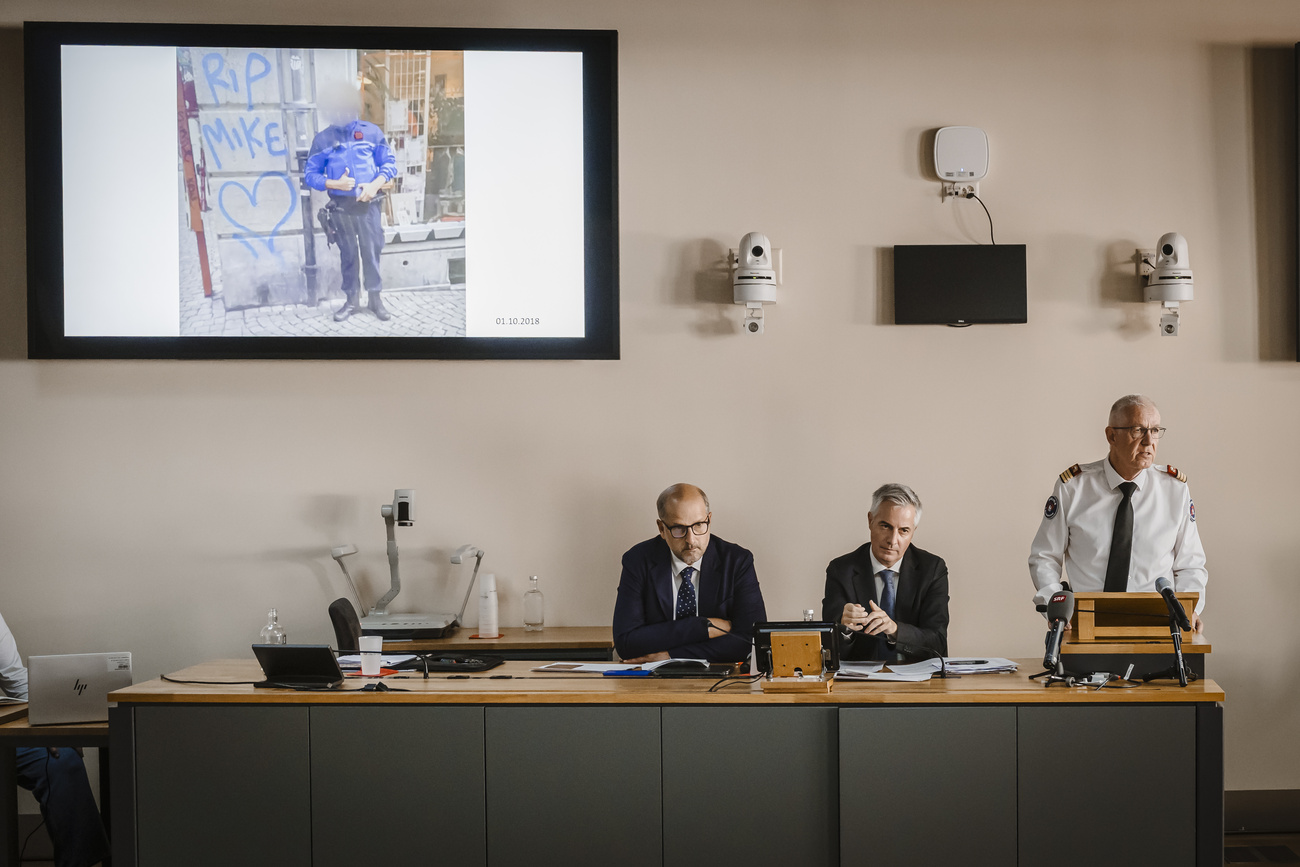













You can find an overview of ongoing debates with our journalists here . Please join us!
If you want to start a conversation about a topic raised in this article or want to report factual errors, email us at english@swissinfo.ch.